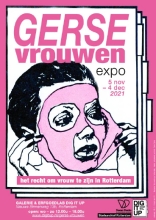Read CLARIN’s new Impact Story about the project ‘Stories in Motion: Oral History as Sustainable Data in Urban Settings’.
News
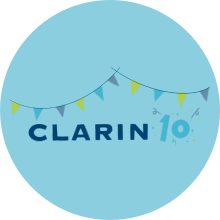
Read this blog post to find out about the planned celebrations for the 10th anniversary of CLARIN.
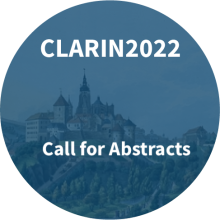
The call for abstracts for the CLARIN Annual Conference 2022 is now open.
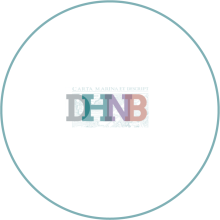
The call for papers for the workshop ‘Digital Parliamentary Data in Action’ co-located with the 6th Digital Humanities in the Nordic and Baltic Countries Conference (DHNB 2022) is now open. The accessibility of parliamentary data is a democratic issue and raises questions about how such datasets can
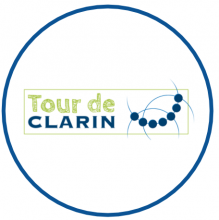
This Tour de CLARIN interview is with Zrinka Kolaković, a corpus linguist researching clitic phenomena using corpora provided by CLARIN.SI and the CLASSLA Knowledge Centre.
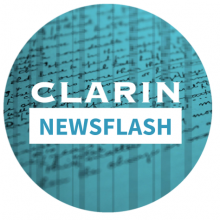
Read the most recent CLARIN Newsflash: November 2021 here
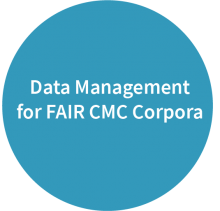
Read all about the workshop on Data Management for FAIR CMC Corpora organised by the CLARIN K-Centre for Computer Mediated Communication and Social Media Corpora (CKCMC)
Read all about the B-centre re-certification of TalkBank

The CLARIN Knowledge Centre for South Slavic languages (CLASSLA) was recognized by CLARIN on 19 March 2019. The centre offers support for automated processing of South Slavic languages, and is operated by the Slovenian CLARIN.SI, and by the Bulgarian CLaDA-BG.
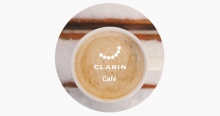
Read all about the last CLARIN Café on Text and Data Mining Exceptions in the Directive on Copyright in the Digital Single Market
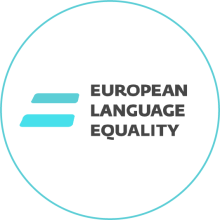
Registration is open for the workshop Digital Language Equality 2030: Implications for Libraries, Collections, and their Users. The Visions of the ELE Project
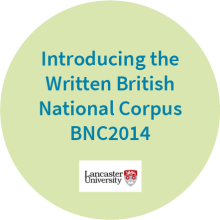
This free event that will take place on 19 November 2021 from 12:00 to 16:00, will introduce the Written British National Corpus 2014 (BNC2014) and offer a series of mini lectures from leading experts in corpus linguistics. The BNC2014 is a major project led by Lancaster University which created a

Read the most recent CLARIN Newsflash: October 2021 here

Thomas Gaillat is a lecturer in corpus linguistics and a teacher of English for specific purposes. He is part of the CORLI steering committee.
Written by Jakob Lenardic Menno van Zaanen is Professor of Digital Humanities at the South African Centre for Digital Language Resources (SADiLaR). 1. Could you please introduce yourself, your academic background and current work? I am Menno van Zaanen, research manager and Professor in Digital
Written by Liané van den Bergh UNESCO declared 2019 the International Year of Indigenous Languages (IYIL2019), which offered an international platform for promoting all indigenous languages, based on five key elements: Increasing understanding, reconciliation and international cooperation Creation
Written by Liané van den Bergh and Ansu Berg The Setswana Test Suite and Treebank resource was developed as part of the PhD study of Ansu Berg, who performed a rule-based computational syntactic analysis of Setswana with a specific focus on simple sentences in the Setswana language. In order to
Written by Martin Puttkammer Over the past two decades, research and development projects in South African language technologies (mostly funded by the South African government through their National Centre for Human Language Technologies initiative) have generated several natural language processing
Written by Liané van den Bergh and Juan Steyn The South African Centre for Digital Language Resources (SADiLaR) forms part of the South African Research Infrastructure Roadmap (SARIR) programme of the South African government’s Department of Science and Innovation (DSI). SADiLaR joined CLARIN as an

The workshop, organised with the support of CLARIN, will be held on Wednesday 27 October from 10.00 to 16.00 (CEST)
